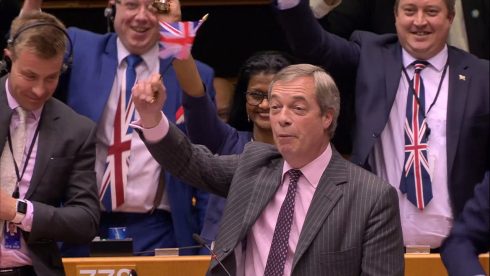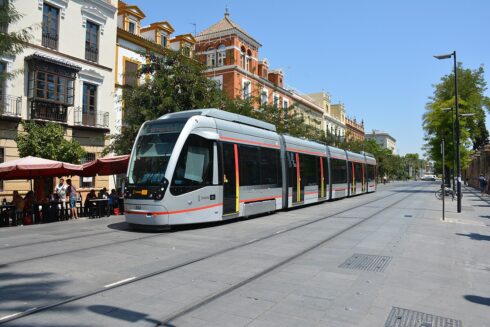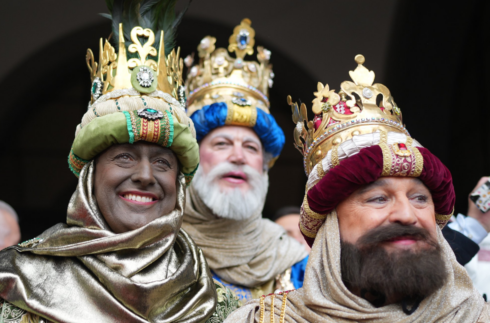THE UK has woken up with a new government following Labour’s stonking victory in the general election last night.
Keir Starmer is the new prime minister of Britain after his party managed to secure at least 412 seats out of a total 650 – well above the 326 needed for an absolute majority.
It’s a historic win for the left-leaning party, and means the UK joins Spain in bucking the trend of populist right-wing victories currently sweeping Europe.
Meanwhile, the Conservatives won just 120 seats, representing a loss of 250 constituencies in a night that seemed more about punishing the Tories than awarding inspiring parties.
Others to gain from the anti-tory sentiment were the Liberal Democrats, who picked up at least 71 seats in their best result for 100 years. They were the only big party to openly campaign against Brexit after vowing to rejoin the EU’s single market if they had won.

Elsewhere, Nigel Farage’s Reform party won at least four seats – including one for Farage himself in Clacton.
The Green party also won four seats, an increase from just one in the previous parliament, while the Scottish Nationalist Party (SNP) were almost wiped out, going from 47 to just nine.
The results will undoubtedly raise questions about the UK’s first past the post voting system, with Reform actually accounting for at least 14.3% of the votes.
Despite having a higher vote share than the Lib Dems (12.2%), they won 67 fewer seats.
In fact Labour has achieved an incredibly majority in Parliament despite only securing 33.8% of all votes, just a 1.6% increase on the 2019 election.

Starmer now has a hard job ahead of him after inheriting a country plagued by failing public services and high poverty levels due to the ongoing cost of living crisis.
He will also need to tackle urgent housing needs and the problem of immigration, the latter of which Reform will no doubt use to attack Labour.
Indeed Farage was ecstatic at his party’s performance and vowed in the early hours of this morning that his party was now ‘coming for Labour’.
The Brexit architect finally became an MP on his eighth attempt after winning the seat of Clacton.
Click here to read more Spain News from The Olive Press.








